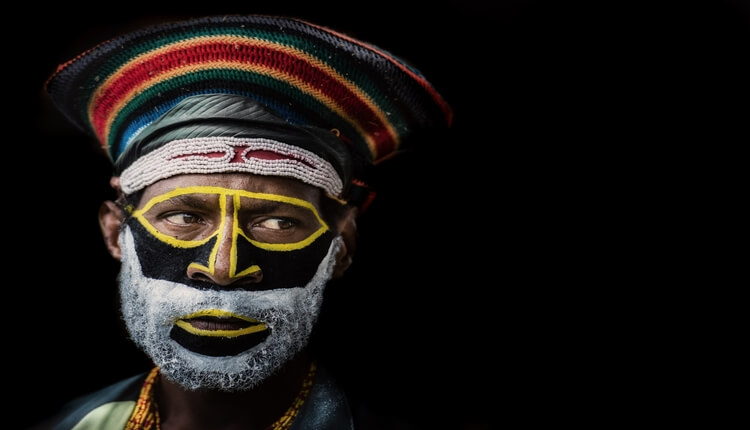Body-Painting : A Shield Against Bloodsucking Insects

Can body painting be a protective measure against blood-sucking insects? Bodypainting is widespread in African, Australian, and Papua New Guinean indigenous communities. The protective nature of body painting against bloodsucking insects has been proved for the first time by researchers from Sweden and Hungary. Bloodsucking insects are vectors for bacterial, viral and parasitic infection. The zebra’s stripes body design act as protection against horseflies. The study was designed and conducted on differently colored plastic models of human. The research team had previously observed that the zebra’s stripes act as protection against horseflies. A dark model with white stripes attracted ten times lesser horseflies as compared to the brown colored. A beige-colored plastic figure, used as a control model, drew twice as many bloodsuckers as the striped model. This study brought to light one of the benefits of the age old tradition of body painting among humans.
To know more, click here now!









